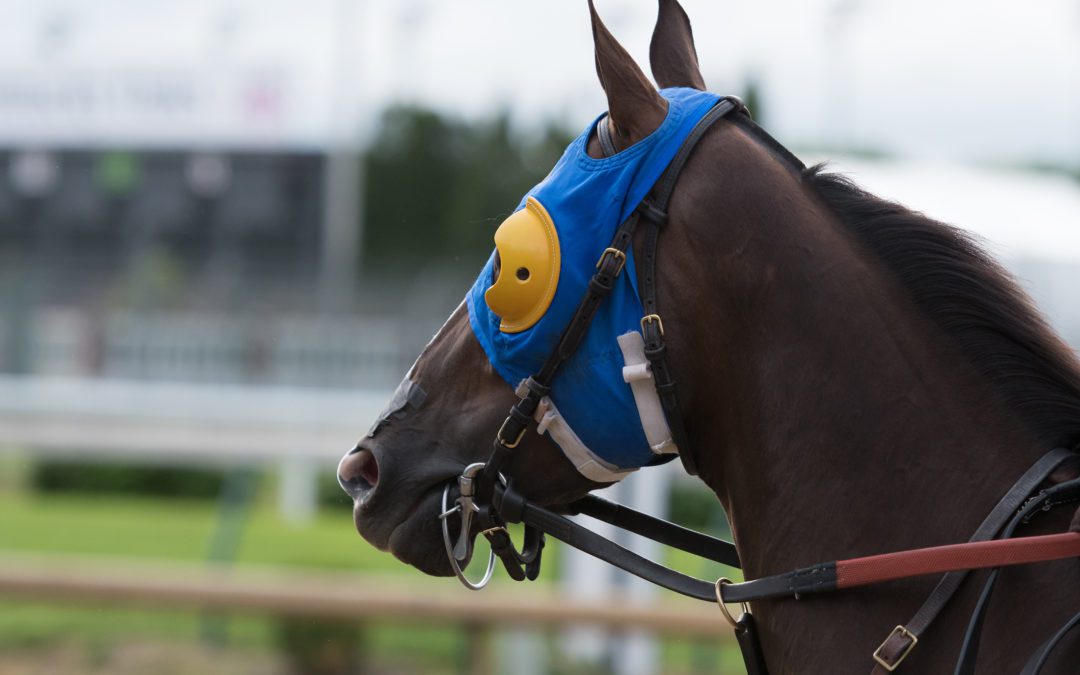
Jun 23, 2019 | Leadership, Personal Distinction
As I stood before the audience that represented a group many
have considered entitled and spoiled, it was impossible not to be impressed
with how seriously they were taking the message being offered to them.
Here I was, before a couple hundred of the “everyone gets a
trophy” generation — high school students between their junior and senior years
— and amazed by how they were writing copious notes and asking insightful and
incisive questions.
For almost two decades, I’ve donated a speech and a couple
of days to the Youth Citizenship Seminar at Pepperdine. Other speakers who have
done the same over the years include celebrities such as Jon Voight, Kathy
Ireland, Tommy Lasorda, and more — and top-notch professional speakers like
Captain Charles Plumb (a former Vietnam POW), Carnegie Hall virtuoso Mike
Rayburn, broadcaster Dennis Prager, author Mark Sanborn and many others.
Something occurred to me over the years giving these
speeches:
Yes, everyone should get a trophy.
Everyone who participates.
In this world where it’s easier than ever before in human
history to tune-out and withdraw to our screens and online universe, it’s hard
to see why we should complain about awarding those who get off their tails and
participate in a worthwhile endeavor.
That’s NOT just about students — it’s about your entire
team where you work! I’m suggesting that everyone who does their job and
serves customers should receive recognition for their efforts.
Yes, everyone should get a trophy.
There was another room that I stood in several years ago
that made quite an impression. Back when I was doing television news in
Louisville, I was invited to do a story at Churchill Downs. In conjunction with
the Kentucky Derby, a special display was opening at the museum at the famous
racetrack that showcased almost all of the world’s most famous trophies.
There I stood…just me…surrounded by the Stanley Cup, the
Lombardi Trophy for the Super Bowl, the Borg-Warner Trophy for the Indy 500,
the World Series trophy, and almost all of the other priceless emblems of
sporting success. I got to pick up the
Stanley Cup…thrust the Lombardi up in the air, just as I had seen my NFL heroes
do…and more.
Yet, it was oddly unmoving to me. I realized later that I
was privileged to hold these incredible awards — but that none had connected
emotionally with me because I had done absolutely nothing to deserve them.
Some trophies should be reserved for the winners.
In other words, everyone who participates should get A
trophy…but, only those who win should receive THE trophy!
Those students this past week at Pepperdine all deserve a
trophy for participating in a conference to grow their leadership — instead of
sitting at home on summer vacation like many of their contemporaries. And, it
should not be missed that they were preparing to win THE trophy for success and
achievement in their adult lives.
I’m convinced that our future is in good hands with the
future these students represent.
And, I left with the thought that all of us could make our
businesses and lives better by following the example they’re displaying of
participating — and preparing to win.

May 11, 2019 | Business Distinction, ICONIC, Leadership
Recently, I spoke at an event an organization was sponsoring
for its top franchisees. Each person in attendance ran a business that
generated at least hundreds of thousands – and for most, multiple millions – of
dollars in revenue. As a bonus for the best franchisees, the leader of the
group mentioned that they were going to make it available for a few of them to
have me to come to their respective businesses and work with their teams.
Guess who was the first to jump up and make it happen? The
owner of the most successful business in the room.
Want to guess who did not accept the organization’s generous
offer? The owners of the least successful businesses in the room.
This isn’t an unusual occurrence. Those who grow great
businesses jump on ideas and programs to make their organizations better. Those
who are less successful – for some strange reason – tend to think they don’t
have time to learn and train themselves and their teams. They attribute the
success of others – selling the same product at the same price in the same
region – as luck (“I was dealt a lesser hand of cards to play…”), the economy,
or anything other than their own lack of commitment and effort.
Please don’t misunderstand – it’s not about whether they
chose me or not. That’s not what I’m suggesting in the least. The leader of the
organization remarked to me before the offer was made that it never fails:
regardless of the possibility or promotion, the best performers take advantage
of every opportunity immediately; the laggards seldom, or not at all.
So – how about YOU? When something doesn’t work out
for you…personally or professionally…or your organization faces a difficult
time or task – do you seize opportunity or keep grinding it out the way you’ve
always done it?
Too many of us attribute declining success to a lack of
intensity. We decide we’re going to “hustle” and “crush it” by rededicating our
efforts to harder work and a stronger push.
The problem is this: working harder on the wrong plan
won’t generate more profitable results.
The challenge for all of us is to jump at opportunity, be
willing to learn and alter our approach, and be a model of growth for those who
depend upon our leadership.

Apr 21, 2019 | Customer Experience, ICONIC, Leadership
In almost every book I’ve ever written — and there have been quite a few at this point — I quote the best business advice I have ever heard. It’s from my friend, Dr. Michael LeBoeuf, from his work that was originally titled, “The Greatest Management Principle in the World.” Here it is:
“Behavior rewarded is behavior repeated.”
The problem — and wisdom — in this phrase is that it’s so much more profound than it originally appears. Of course, it means that our customers and employees will repeat the activities that we compensate them for executing.
However, more subtle is that it also challenges us to question: What actions are we rewarding?
For example — we want sales professionals to establish relationships with customers rather than pressuring them into a solitary closing. Yet, when we examine their compensation structure, we find there’s no additional incentives for future purchases.
In other words, we give lip service to how important that on-going loyalty from our customers. However, when we examine what we reward, it appears our focus is on closing (through any means available and ethical) a single transaction.
My friend, former Chief Customer Officer at Microsoft and Lands End, Jeanne Bliss, often mentions in her presentations the story of the hospital that posted every physician’s evaluation from patients and their families. The result was that malpractice suits dropped by 43%. When receiving high marks from patients and families was rewarded, doctors responded — to the benefit of hospital, physician, and (most importantly) customers that are called “patients.”
That’s the challenge that I make to you. Take a bit to re-evaluate what you’re rewarding and examine if it’s congruent with your goals and aspirations for the future. My guess is that you’ll find some disconnection.
If you resolve it, you’ll be rewarding the behavior and activity that your desire. It’s an important step to creating distinction!

Jan 2, 2019 | Business Distinction, Leadership
In horse racing, they’re called “blinders” or “blinkers.”
You’ve probably seen them – they’re the cups made of leather or plastic that prevent a racehorse from seeing much of what is around them…and keep them focused on what is in front of them.
It means they concentrate on the race at hand – not on the crowd, competing horses, or a myriad of other potential distractions.
You’ll also see them often used on horses that pull carriages on city streets to minimize the chances they’ll be spooked by all of the surrounding commotion.
Here’s the question for YOU: Do you need to take your blinders off…or put a pair of blinders on?
- Some professionals find it easy to be distracted by the multitude of opportunities they have – and they are engulfed by online interruptions.
- Many find it practically impossible to focus on a specific activity or action…even if it is one that could help them create distinction.
The first Cornerstone of Distinction is CLARITY – and, obviously, if you aren’t focused, you cannot exemplify the clarity required to stand out from your competition.
- Conversely, other professionals are so focused, they have become myopic.
Steve Jobs is an overused example, but his approach certainly applies here. While others viewed his focus to be on the Macintosh when he returned to Apple, he had a slightly different vision. He was clear that Apple should be concentrating on important aspects — like elegant design, simplicity of product use, and innovative marketing.
This meant that Jobs could also apply this clarity to new lines of products – the iPod, iPad, and iPhone.
His clarity wasn’t restricted by blinders.
Only you can determine if you need to put a proverbial pair of blinders on…or take them off.
However, being honest with yourself about what you need to do in that regard can have a major impact on your productivity, your success…and your ability to create distinction.




